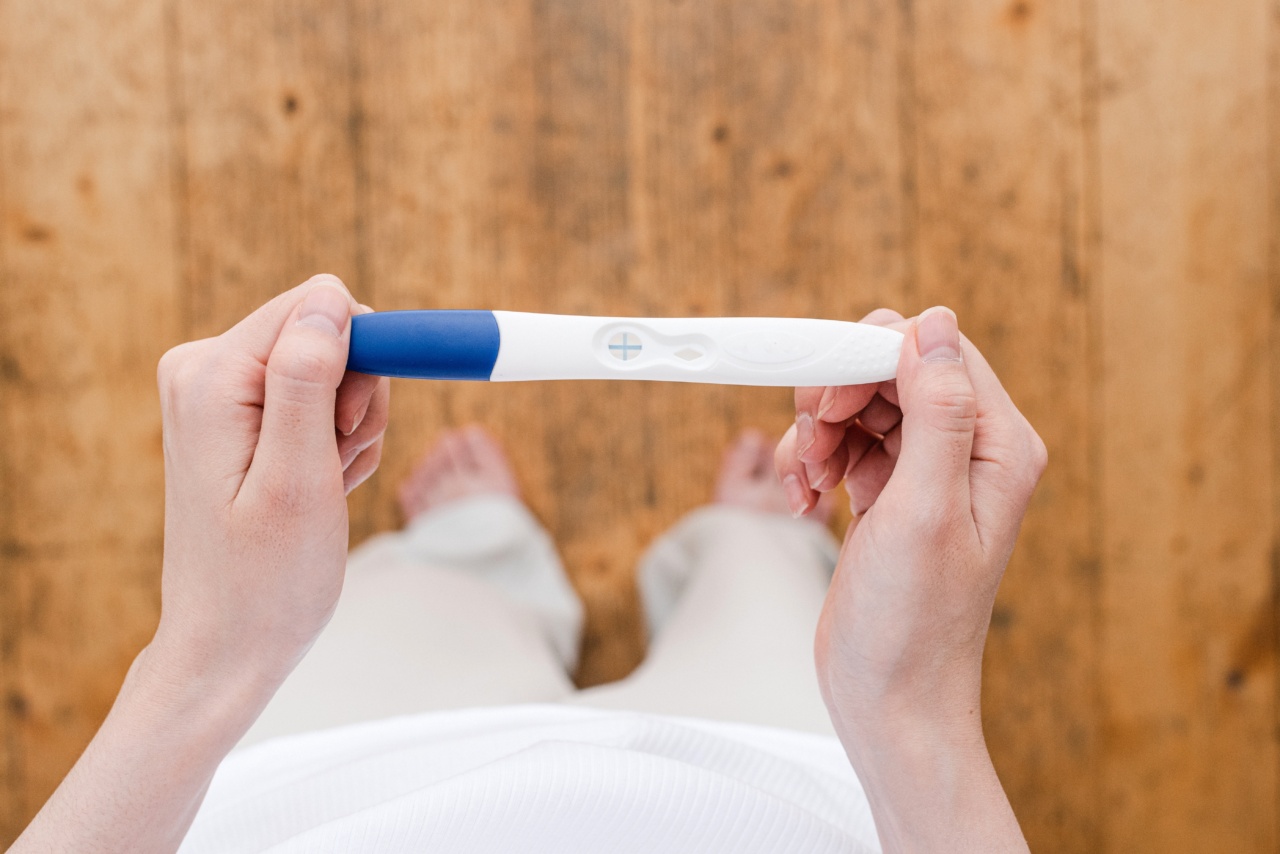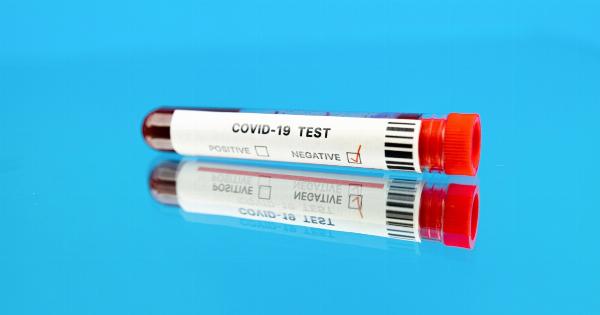Discovering that you might be pregnant is an exciting and life-changing moment. Taking a pregnancy test is the first step towards confirming if you are indeed expecting.
However, it is common to feel a mix of emotions during this time, ranging from anxiety and anticipation to hope and fear. To help you prepare for what may come after taking your first pregnancy test, this article will guide you through what to expect.
1. The Wait for Results
After taking a pregnancy test, the anticipation for the results can feel like an eternity. Many home pregnancy tests provide results within minutes, while others may require a longer waiting period.
During this time, it is natural to feel anxious and nervous, but try to remain calm and patient.
2. Positive Result
If the pregnancy test shows a positive result, it generally means that you are pregnant. However, it is advisable to take another test or consult with a healthcare provider to confirm the pregnancy.
At this stage, you may begin experiencing early signs of pregnancy, such as fatigue, breast tenderness, nausea, or a missed period.
It is essential to start thinking about prenatal care and making necessary lifestyle adjustments to ensure a healthy pregnancy.
3. Negative Result
A negative result on a pregnancy test indicates that you are not pregnant. There can be several reasons for a false-negative result, including taking the test too early or not following the instructions properly.
If you believe you might still be pregnant despite the negative result, it is recommended to consult with a healthcare professional.
4. Mixed Emotions
Whether the result is positive or negative, it is common to experience mixed emotions. If you were hoping for a positive result, a negative outcome can be disappointing and evoke feelings of sadness or frustration.
On the other hand, a positive result might bring joy, excitement, and a touch of anxiety about the upcoming journey of parenthood.
5. Confirmation with a Healthcare Provider
Regardless of the result of your at-home pregnancy test, it is essential to confirm the pregnancy with a healthcare provider.
They can perform a thorough examination and provide you with the necessary guidance and support throughout your pregnancy journey.
During your first prenatal appointment, the healthcare provider may conduct a blood test, pelvic exam, and ultrasound to determine the viability of the pregnancy and estimate the due date.
They will also discuss your medical history, answer any questions you may have, and provide advice on prenatal care.
6. Emotional and Physical Changes
After confirming your pregnancy, you can expect to experience various emotional and physical changes. Hormonal fluctuations during pregnancy can cause mood swings, increased sensitivity, and heightened emotions.
It is vital to communicate openly with your partner and loved ones about these changes and seek support when needed.
Physically, your body will undergo gradual transformations to accommodate the growing baby. Common physical changes include weight gain, breast enlargement, changes in skin pigmentation, and an expanding belly.
Each pregnancy is unique, and these changes may vary from woman to woman.
7. Pregnancy Symptoms
Throughout your pregnancy, you may experience a range of symptoms and discomforts. These can include morning sickness, increased fatigue, frequent urination, food cravings or aversions, and mood changes.
However, it is important to remember that not all women experience the same symptoms, and some may have a relatively symptom-free pregnancy.
8. Choosing a Healthcare Provider and Prenatal Care
During early pregnancy, it is important to select a healthcare provider whom you trust and feel comfortable with. This could be an obstetrician-gynecologist (OB/GYN) or a midwife.
They will monitor your health, guide you through the different stages of pregnancy, and address any concerns that may arise.
Prenatal care is essential for both the well-being of the mother and the baby.
Regular check-ups, prenatal vitamins, a balanced diet, moderate exercise, and avoiding harmful substances like alcohol and tobacco are vital components of proper prenatal care.
9. Informing Family and Friends
Sharing the news of your pregnancy with loved ones is often an exciting and joyful experience. Many parents-to-be wait until the end of the first trimester to announce the pregnancy, as the risk of miscarriage decreases significantly after this period.
However, the choice of when and how to share the news ultimately depends on your personal preference.
10. The Start of an Incredible Journey
After taking your first pregnancy test, you are embarking on a remarkable journey of motherhood or parenthood. Pregnancy is a time of tremendous change, growth, and anticipation.
It is a time to celebrate and cherish each milestone, from feeling the baby’s first movements to hearing their heartbeat during prenatal check-ups.
Remember to take care of yourself, seek support when needed, and embrace the beautiful journey ahead. Pregnancy is a unique experience, and every step is a milestone towards welcoming your little one into the world.




























